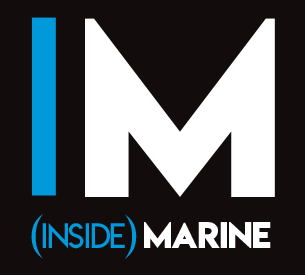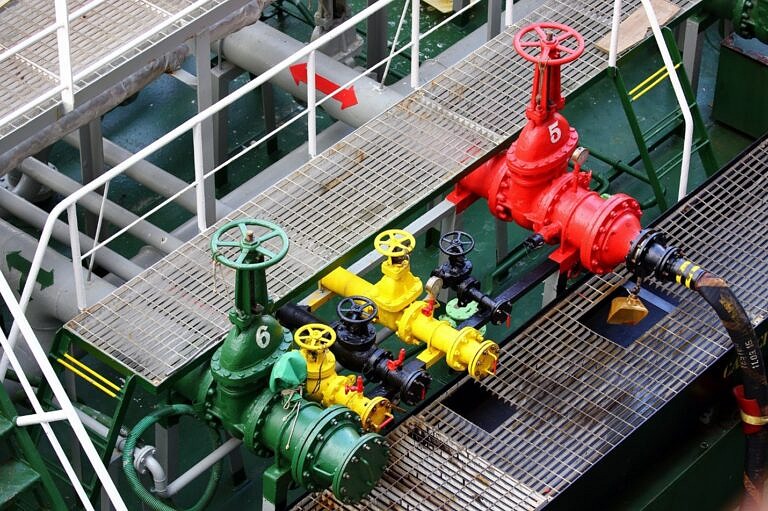United European Car Carriers (UECC) has been able to eliminate surcharges for its customers under FuelEU Maritime as proactive adoption of green fuels by the leading European sustainable shortsea RoRo carrier has drastically reduced its financial exposure to the newly implemented regulation.
Currently, switching to low-carbon biofuels is generally seen as the most effective route to achieve compliance with progressively tighter carbon intensity reduction targets and thereby avoid penalties under FEUM, which is designed to promote uptake of alternative fuel technologies towards the goal of net zero.
However, this approach will typically entail higher fuel costs for shipping companies given that biofuels – which can deliver respective reductions of 85% and 100% in well-to-wake and tank-to-wake emissions – cost between 50-150% more than conventional fossil fuels, while there is also limited feedstock supply.
Fuel investment payback
An additional ‘Energy Surcharge’ levied on shippers to compensate for this price differential can be as much as 2-5% with the use of biofuel, according to UECC’s Energy & Sustainability Manager Daniel Gent.
But he also said that “UECC will change absolutely nothing about its pricing structure in relation to FEUM.”
Gent explained this is largely due to the fact that UECC has already achieved significant reductions in carbon intensity by expanding the use of biofuels across its 15-vessel fleet since 2020. It has also adopted liquefied biomethane (LBM) on its five dual and multi-fuel LNG Pure Car and Truck Carriers under the Sail for Change sustainability initiative launched last year that is supported by several major vehicle manufacturers.
“Consequently, we are already running a compliance surplus in relation to FEUM with our current energy mix and this is expected to extend into the early 2030s,” he continued. “We have previously informed our customers that their support for our investment in multi-fuel LNG vessels would insulate them against regulatory penalties and this is exactly what is happening here.
“This demonstrates the clear benefits of being ahead of regulation, investing in progressive technology and in the process of generating savings for our customers.”
Fuel selection criteria
UECC’s fleet decarbonisation effort has focused on investments in eco-friendly newbuilds – with two more multi-fuel LNG battery hybrid PCTCs currently on order – as well as piloting alternative fuels, in addition to operational efficiencies and technical measures such as waste heat recovery and hull anti-fouling.
The company has rigorous fuel selection criteria based on sustainability, technical suitability and commercial viability. Its bio-products are compliant with Renewable Energy Directive (RED) criteria and sourced from Annex 9 feedstocks in line with regulatory requirements, while all fuels used are ISCC-certified.
Through a proactive fuel procurement strategy, UECC has secured volumes of alternative fuels for the longer term through agreements with suppliers like Titan Clean Fuels for LBM and ACT Commodities for biofuels to promote green fuel bunkering infrastructure. It is also diversifying its sources of supply, such as through a recent first truck-to-ship LBM refuelling operation with Naturgy in Spain.
LBM a ‘heavy lifter’ for decarbonisation
“LBM from certain feedstocks or including carbon capture are the ‘heavy lifters’ on our decarbonisation journey and we see huge potential in these fuels,” Gent said.
UECC is firmly on track to achieve a minimum 45% reduction in carbon intensity by 2030 to surpass the IMO target, while it is also set to exceed the required FEUM reduction of 31% by 2040 versus a 2020 baseline of 91.16 grams of CO2 equivalent per megajoule.
This means that UECC will have a sufficient compliance surplus to provide a pooling opportunity for third-party vessels under FEUM so that all stakeholders can benefit from its investments. But the company is not resting on its laurels and intends to make further alternative fuel investments with the aim of phasing out oil-based fossil fuels by 2040.
“As we are going ‘above and beyond’ in terms of our commitment to alternative fuels such as LBM and biofuel, we expect to have a significant compliance surplus under FEUM,” Gent concluded. “With the investments we are planning in such fuels, UECC will never be in a position of needing to buy or borrow compliance units.”
You can read more of the latest from the world of Marine here.


